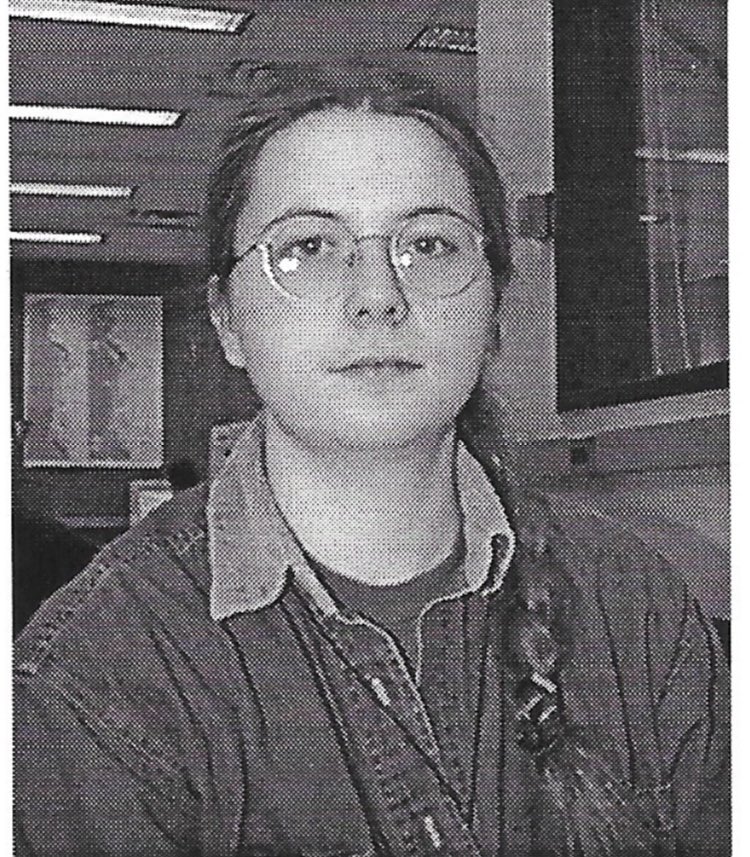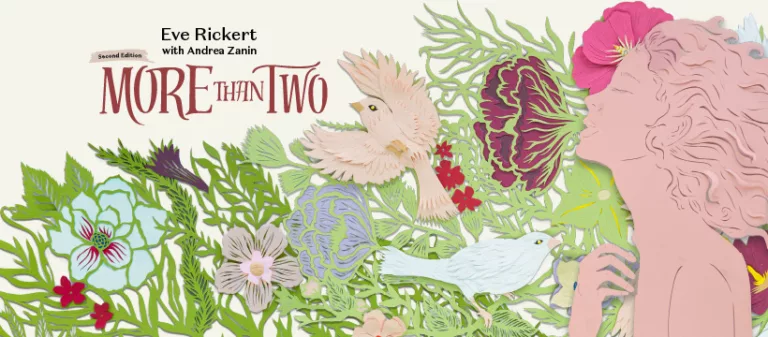A while back I wrote a post about expectation vs. desire. I’ve been thinking a lot lately about the different words we use to define our desires within relationships, and the fine nuances of meaning those words convey–along with the fine nuances in kinds of desire. Here’s a little list of words we use to refer to wants and needs, in increasing intensity, and what they mean to me when I use them.
Wish. What I feel when I want things to be different, but know they can’t be. It can be an intense feeling, but is not attached to any drive, and usually comes with a kind of wistfulness. A recent example from my own life might be that when I love someone and they don’t love me back, I might wish things could be otherwise. But knowing the irrationality and uncontrollability of love, it’s not something I will actually try to change.
Hope. This is when I do want something to change, and I think there’s a chance I could, but for some reason or other I remain passive with regard to the object of my hope–usually because I am personally powerless to bring about the situation I want. Examples of this kind of hope include hoping someone recovers from illness or a broken heart. Hope can also accompany other, more active kinds of desire such as wanting or needing, fuelling efforts to achieve that desire. I might hope that a relationship in trouble might improve, and that hope would give me the energy to work on the relationship problems with my partner.
Want. Desire with an active component. Something I might ask for or actively pursue. This includes something I might ask of a partner, if I think it’s something they can give me.
Need. I’m not speaking here of basic physical or economic needs like food, shelter, medical care, etc. Rather, I think in a relationship, a need is a want so strong that its lack of fulfilment carries a psychic cost so high that it might cost the relationship. For example, I know many polyamorous people who have tried to be in monogamous relationships, and the need for other partners was so strong they ended up cheating. You can forgo a want, but trying to forgo a need will cost you.
Expect. This word is a bit different than the others. This is the one word that places a burden on the other person or people involved. You can express a want without expecting your partner to fulfil it–in other words, you are providing them with information they need to increase your happiness, should they choose to do so. You can express a need, which may carry with it a statement of what actions you will take if a partner can’t fulfil that need (“I need stability in my home, so if you don’t stop drinking, I will need to leave”). An expectation, though carries an advance requirement that the other person will respond to you in the way you want them to, and may be accompanied by anger or blame if they don’t. You can read more about that here.
Do you use these words in other ways? What other words do you have to refer to different kinds of desire, and what do they mean to you?


